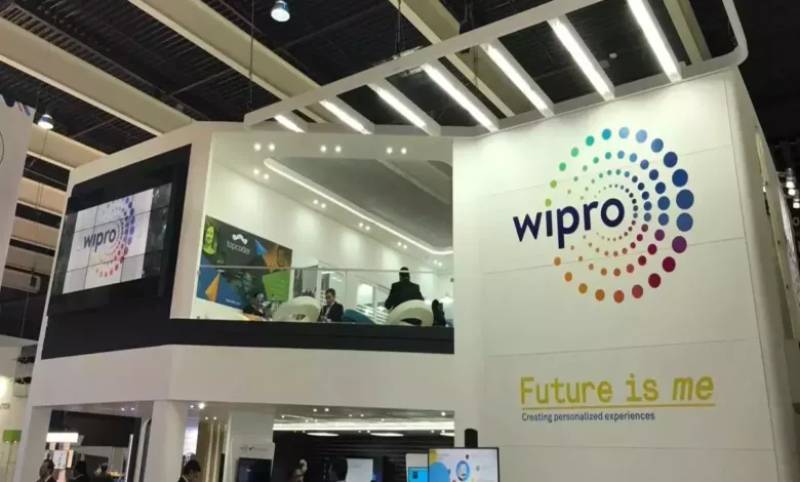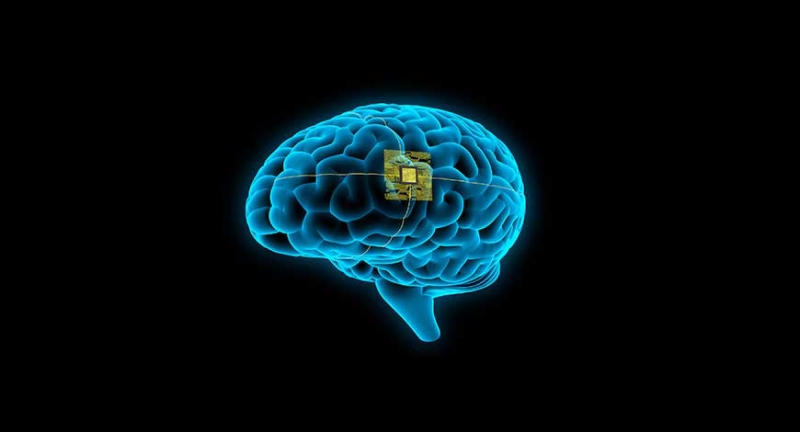The creation of the generative artificial intelligence (AI) center of excellence (CoE) at the Indian Institute of Technology (IIT), Delhi, was announced on Wednesday by large-cap IT services company Wipro. The center will concentrate on research and development (R&D) projects and evaluate the commercial viability of research-based products undertaken by Yardi School of AI students at the institute.
Wipro will provide financial assistance through the CoE to IIT Delhi’s generative AI research initiatives, including both fundamental and applied research. While applied research often focuses on creating applications that may one day find success in commercial marketplaces, foundational research aims to establish theoretical results in a subject.
According to a joint statement released by Wipro and IIT Delhi, the company’s $1 billion ambition to create an ecosystem of services in the field of AI, known as the “Wipro ai360” ecosystem, includes the formation of the generative AI CoE at the institute.
According to a statement from Professor Mausam, dean of the Yardi School of AI at IIT Delhi, “students will gain valuable insight into problems of relevance to industry and will learn first-hand how their technical know-how transfers to commercial environments” with the help of the facility.
The action is being taken as experiments and investments in generative AI continue to rise at every IT services company in the nation. During the company’s post-earnings press conference for the June quarter on July 12, K. Krithivasan, the recently appointed chief executive of Tata Consultancy Services, India’s largest IT services company, stated that the company is currently working on more than 50 proof-of-concept (PoC) projects and “around 100 opportunities” in the field.
40,000 people at Infosys have received training in generative AI, the company’s chief executive officer Salil Parekh revealed in a post-earnings news conference on July 20. Infosys also announced 80 ongoing generative AI projects. To enhance its generative AI solutions, each of these companies has also formed numerous relationships with major tech companies like Google and Microsoft.
For instance, on June 15, HCL Technologies announced a partnership with Microsoft to establish a generative AI CoE on Azure, Microsoft’s cloud platform. This CoE would create “industry-specific solutions” to assist the IT service provider in creating “personalized and data-driven experiences for customers, improve decision-making processes, and drive business growth.”
Global businesses have also increased their efforts in generative AI. Accenture’s chief executive, Julie Sweet, revealed in June that the company was actively working on generative AI projects with clients totaling $100 million.
Analysts have cautioned, however, mentioning that most generative AI initiatives are still in their early stages and that most businesses are mainly experimenting with pilot implementations rather than expanding their efforts to large-scale, multi-year, multi-billion dollar deals that generate revenue for India’s largest IT service providers.
This was also underlined in a Gartner analysis released on Wednesday, which ranked the developing field of generative AI at the very top of its chart of “inflated expectations” for this year’s upcoming technologies. According to the report, titled “Hype Cycle for Emerging Technologies, 2023,” the field will experience “transformational benefits” within the next two to five years, at which point most service providers will benefit more financially from their early deployments and industry-academia partnerships like Wipro’s with IIT Delhi.
Topics #AI #Artificial intelligence #IIT Delhi #Wipro











